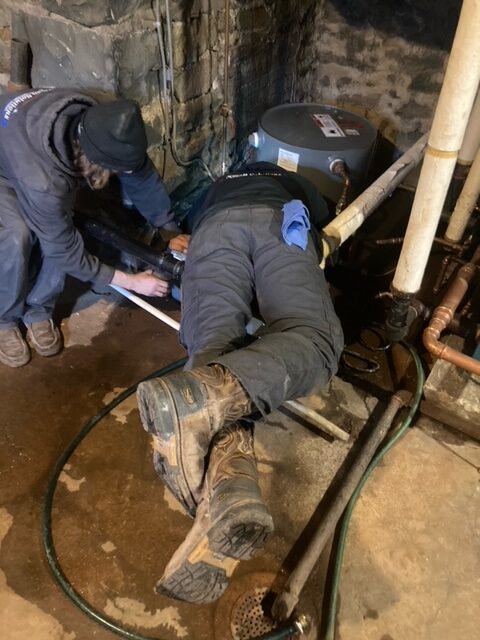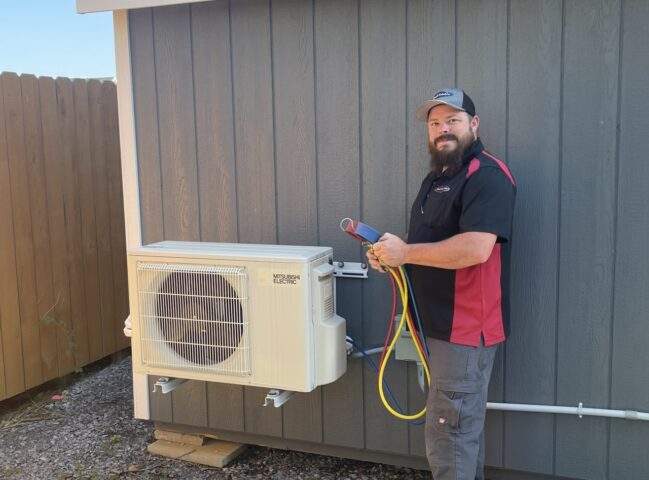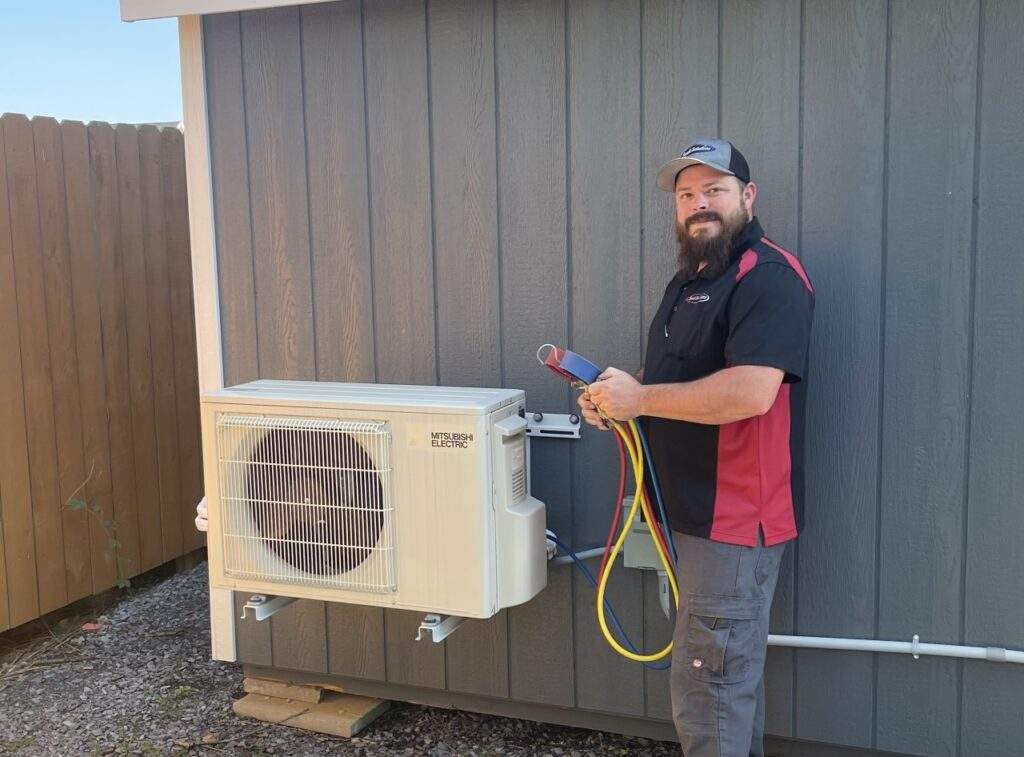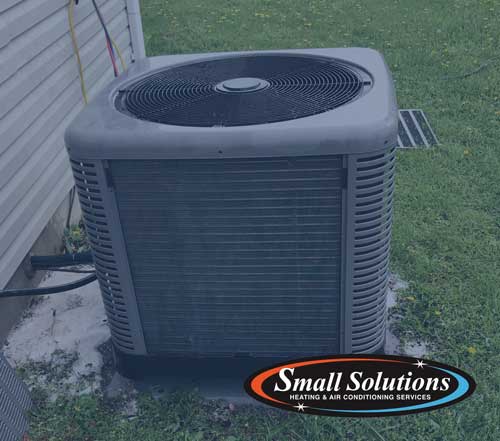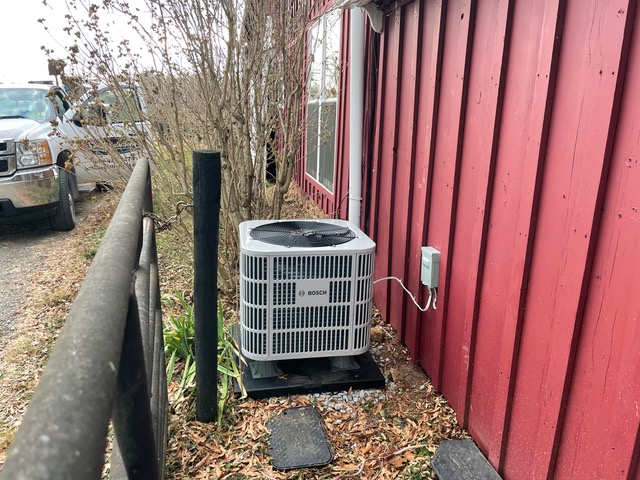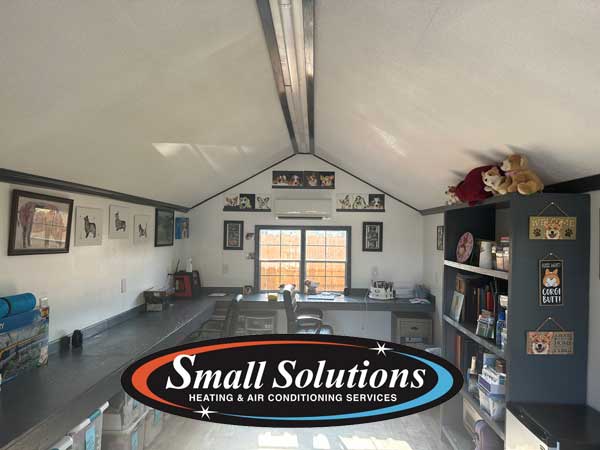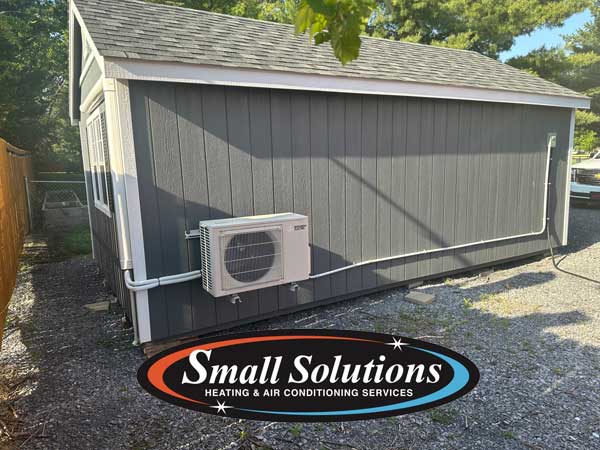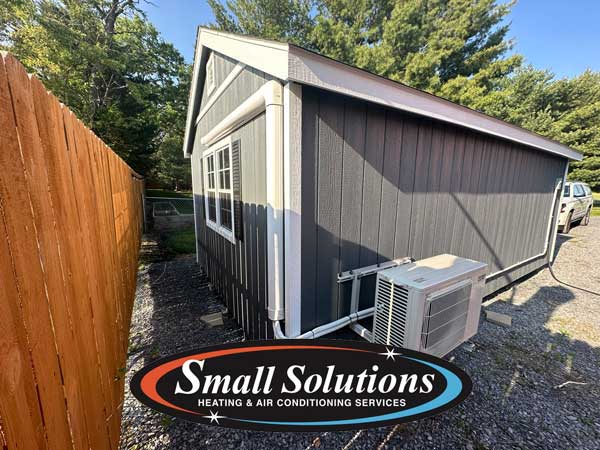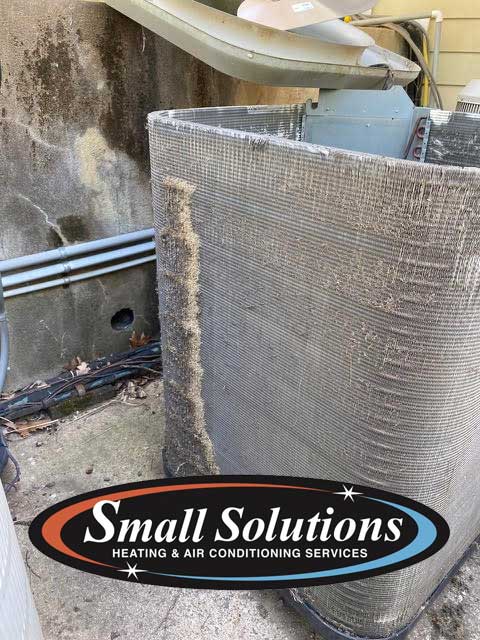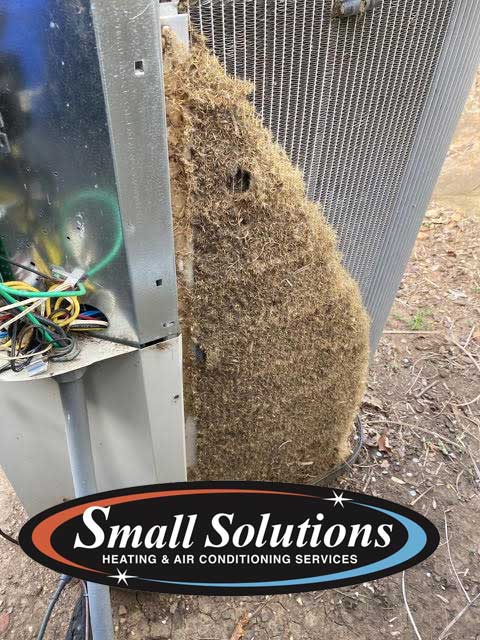What should I do with my boiler in the winter time?
Do you have a boiler in your home?
Boilers heat water, and provide either hot water or steam for heating.
Steam is distributed via pipes to steam radiators. Hot water then can be distributed via baseboard radiators, radiant floor systems, or with a coil.
Hot water boilers are often favored for their efficiency and ease of temperature control, while steam boilers may be chosen for specific applications where high temperatures or certain steam-based processes are required.
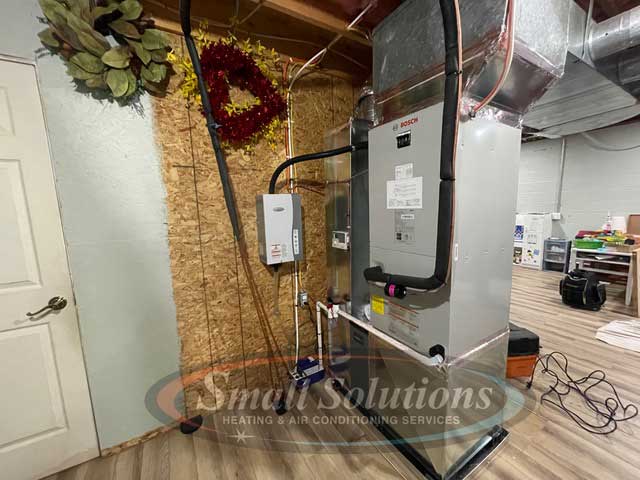
What should I do with my boiler in the winter time?
Do you have a boiler in your home?
Boilers heat water, and provide either hot water or steam for heating.
Steam is distributed via pipes to steam radiators. Hot water then can be distributed via baseboard radiators, radiant floor systems, or with a coil.
Hot water boilers are often favored for their efficiency and ease of temperature control, while steam boilers may be chosen for specific applications where high temperatures or certain steam-based processes are required.
Which one is safer?
Hot water systems are generally considered safer as they operate at lower pressures and temperatures.
Steam systems can be more dangerous if not properly maintained or operated. High-pressure steam can cause severe injuries if there are leaks or malfunctions.
How do they work?
Steam boilers use water to create steam, which is then distributed throughout the heating system. The steam carries the heat to radiators or convectors, where it releases its energy and condenses back into water. Steam systems operate at higher temperatures and pressures.
Hot water boilers circulate hot water through pipes to radiators, baseboard heaters, or radiant floor systems. The hot water remains in a liquid state as it circulates through the system. Hot water systems operate at lower temperatures and pressures compared to steam systems.
What one is better at controlling the temperature?
Steam systems can be less precise in temperature control because they rely on the release of steam at a constant pressure. The temperature can vary depending on the amount of steam being released.
On the other hand, hot water systems offer more precise temperature control since the water temperature can be adjusted and maintained to meet specific comfort requirements.
It’s good to know about both especially when you’re looking at a new boiler system or replacing an old one.
We’re always around if you have any questions about boilers!



